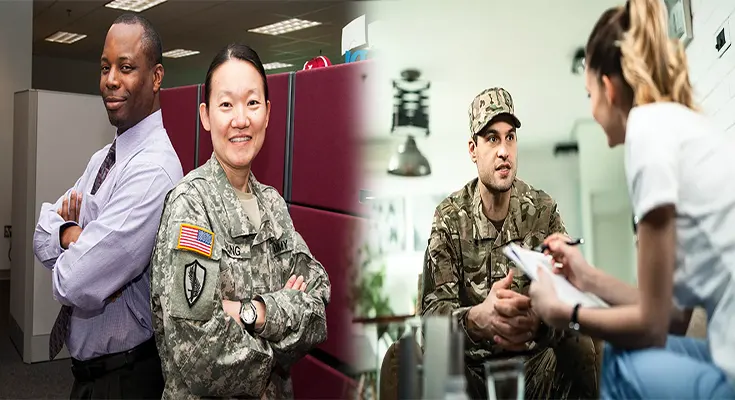
Navigating the Future: Choosing the Right College Degree Based on Job Market Trends
Selecting a college degree is a significant decision that shapes not only one’s education but also future career prospects. As the job market evolves and adapts to economic, technological, and societal changes, it is crucial for prospective college students to consider future job market trends when determining the right degree to pursue. Here’s a guide on how to navigate this decision-making process and choose a college degree that aligns with future job market demands.
Research Current and Future Job Market Trends:
Before choosing a college degree, it is essential to conduct thorough research on current and projected job market trends. Emerging industries, technological advancements, demographic shifts, and global economic factors all influence the demand for specific skill sets and expertise. Analyzing labor market reports, industry publications, and economic forecasts can provide valuable insights into which occupations and sectors are expected to experience growth or decline in the coming years.





